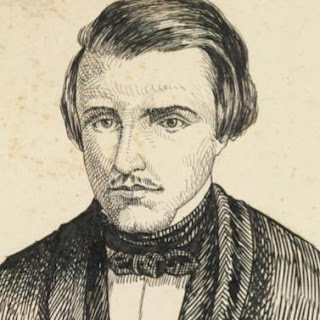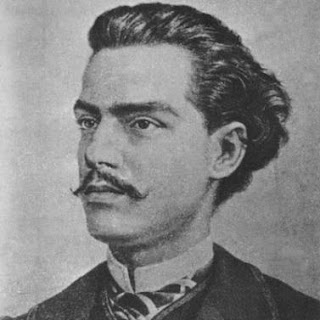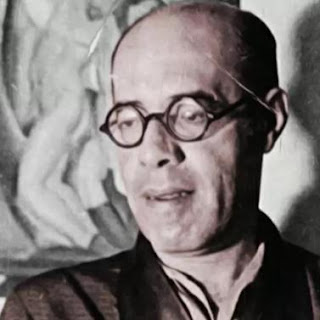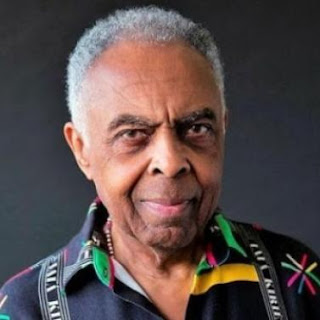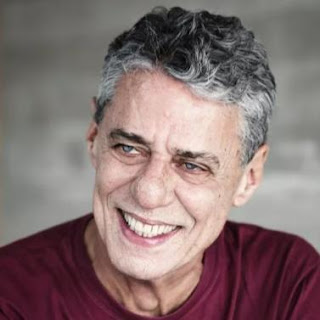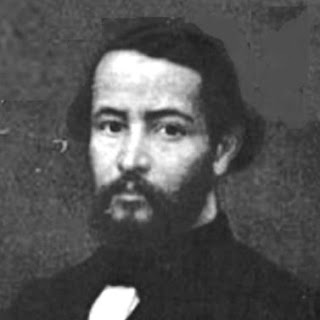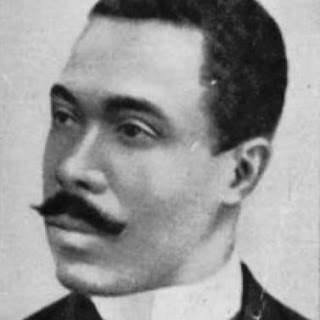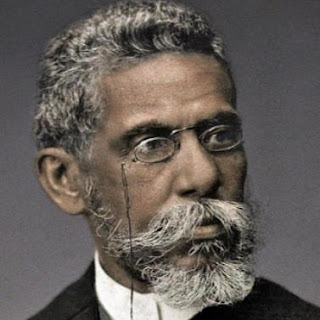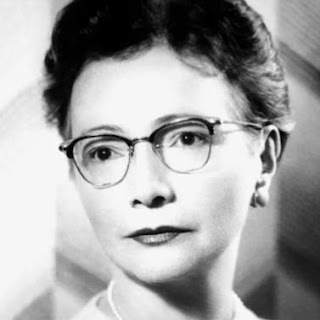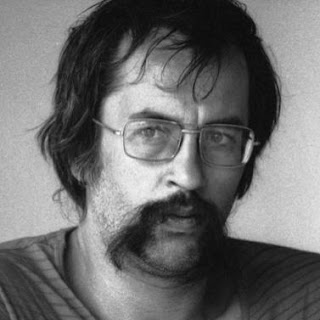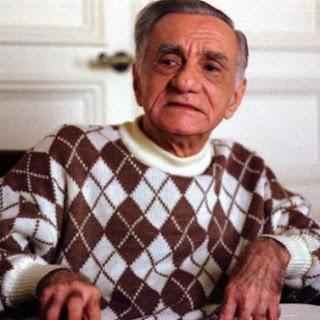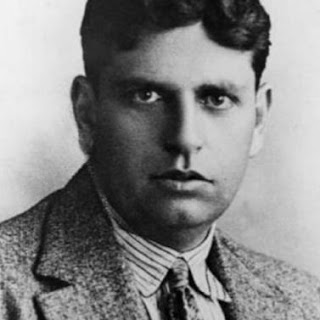Biography.
Manuel Antônio Álvares de Azevedo (September 12, 1831 – April 25, 1852), affectionately called "Maneco" by his close friends, relatives and admirers, was a Brazilian Romantic poet, short story writer, playwright and essayist, considered to be one of the major exponents of Ultra-Romanticism and Gothic literature in Brazil. His works tend to play heavily with opposite notions, such as love and death, platonism and sarcasm, sentimentalism and pessimism, among others, and have a strong influence of Musset, Chateaubriand, Lamartine, Goethe and – above all – Byron.
If I died tomorrow
If I died tomorrow, at least I would
close my sad sister;
My longing mother would die
If I died tomorrow!
How much glory I foresee in my future!
What a dawn to come and what a morning!
I would have lost these crowns crying
If I died tomorrow!
What a sun! what a blue sky! what sweet n’alva
Nature wakes up more praise!
It wouldn’t hit me so much in the chest
If I died tomorrow!
But this pain of life that devours
The craving for glory, the aching zeal …
The pain in the chest would be silent at least
If I died tomorrow!
My Misfortune
My misfortune, no, is not being a poet,
Not even in the land of love not having an echo,
And my angel of God, my planet
Treat me like a doll …
It is not walking on broken elbows,
Having a pillow as hard as stone …
I know … The world is a lost bog
Whose sun (I wish!) Is money …
My disgrace, O candid maiden,
What makes my chest so blasphemous,
Is to have to write a whole poem,
And not to have a jew for a candle.
Her Scarf
When the first time, from my land
I left the nights of loving charm,
My sweet lover sighing My
eyes damp with tears.
A romance sang goodbye,
But longing dulled the song!
Tears wiped her beautiful eyes …
And she gave me the handkerchief that dipped her tears.
How many years have passed yet!
Do not forget but love so holy!
I still keep it in a perfumed safe
Her handkerchief that wet the tears …
I never met her again in my life.
I, however, my God, loved her so much!
Oh! when I die spread on my face
The handkerchief that I also bathed in tears!
Translated by (?)
